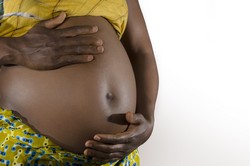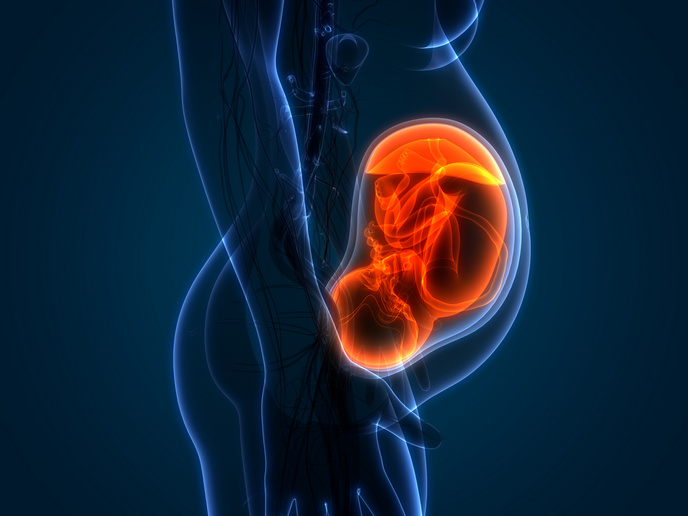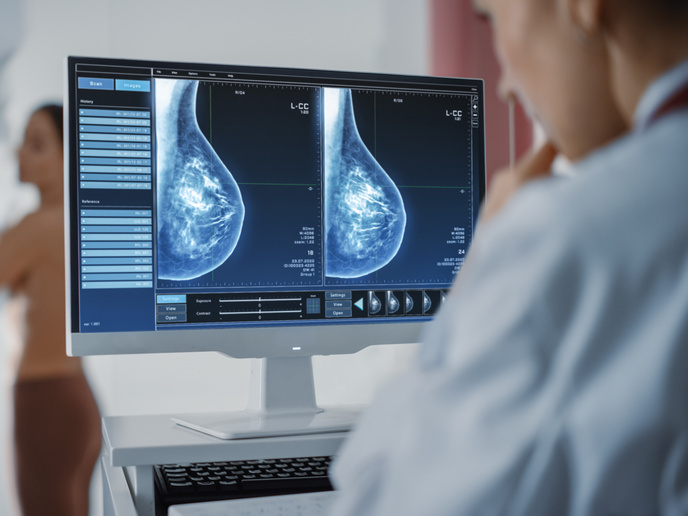Community Health Workers deliver home-based malaria prevention and treatment to pregnant women
Pregnant women are notoriously vulnerable to severe diseases. Malaria is one of these, and it can lead to complications for the mother and baby, including anaemia, low birth weight, poor growth and development, and higher mortality rates. Prevention methods, such as using bed nets, and treatments are effective, but the countries most in need have little access to such solutions. The truth is that bringing better health care to these communities, who for the most part live in sub-Saharan Africa, is easier said than done. There is no vaccine yet available, no cheap prophylactic treatment, insecticide-treated bed nets are still a rarity, community health workers (CHWs) don’t have the resources to test patients before treatment, access to sulphadoxine-pyrimethamine (IPTp-SP)-based treatment is poor, and, to top it all, the symptoms of the disease can be elusive. “We wanted to break this vicious circle by providing an ‘extension’ strategy for the standard delivery of IPTp-SP in health facilities, the point of which was to encourage pregnant women to show up at antenatal clinics for the identification and treatment of malaria. Instead, we bring health services closer to where the patients live, using community health workers to conduct antimalarial interventions in populations where access to the formal health system is difficult,” explains Dr Henk Schallig, coordinator of the COSMIC (Community-based scheduled screening and treatment of malaria in pregnancy for improved maternal and infant health: a cluster-randomized trial) project. As cornerstones of the sub-Saharan health system, CHWs provide basic health and medical care to their communities. If they could screen pregnant women for malaria with rapid diagnostic tests (RDTs) between visits to antenatal clinics, and treat them should the test be positive, the odds would be better for both the women and their children. “This is what we aimed to do,” says Dr Schallig. “By combining existing IPTp-SP with anti-malarials (SST) at the village level as an extension of existing Community Case Management of malaria, we could improve IPTp-SP coverage, allow for systematic screening of malaria infection and consider treatment when the prophylactic effect of IPTp-SP had waned.” The COSMIC approach was tested in three malaria-endemic countries with different malaria epidemiology and cultural backgrounds. The project team could count on a combination of health system research, social science (medical anthropology) and bio-medical research, whilst policy panels were organised by the World Health Organisation’s TDR to support implementation. Although Dr Schallig admits that the project didn’t meet all his expectations – having failed to show a reduction in the number of placental malaria – other aspects of the project were much more encouraging. “Whilst the approach did not reduce the number of placental malaria cases, we did see a significant increase in IPTp-SP coverage. In addition, the number of ANC visits also increased in the intervention groups, hence providing more health care to pregnant women. Furthermore, we have noted improved health of the children born from mothers in the intervention group (delay of first malaria attack and reduction of severity).” Besides patients themselves, CHWs were also very passionate about the project. According to Dr Schallig, health workers, participants and community leaders were equally eager to witness the implementation of COSMIC in local communities. Since the project was completed in May 2017, the team has been busy disseminating the findings of their project to the widest possible audience, including laypeople, policymakers and scientists.







